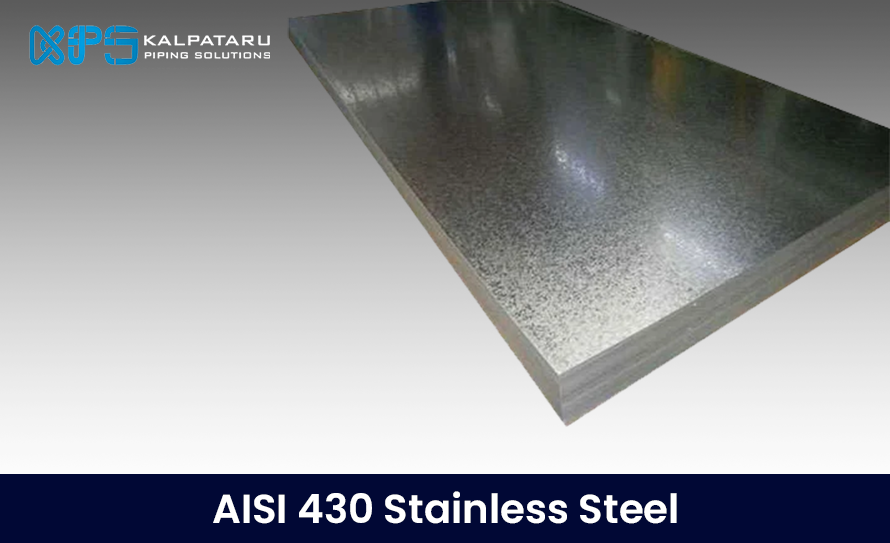Alloy steel pipes are strong, durable, and resistant to corrosion, making them essential in industries like oil and gas, power generation, and petrochemicals. In this guide, we’ll explore Alloy Steel P12 and P22 Buttweld Fittings, discussing their types, applications, grades, maintenance, and installation. From understanding what alloy steel pipes are to learning about their various applications and maintenance requirements, this guide covers everything you need to know about alloy steel pipes and fittings. Whether you’re a professional in the industry or just curious, this guide will help you understand the importance and versatility of alloy steel pipes.
What are Alloy Steel Pipes?
Alloy steel pipes are made from alloy steel, which contains various alloying elements such as chromium, molybdenum, and nickel. These pipes offer superior performance under high-pressure and high-temperature conditions, making them ideal for critical applications in industries like oil and gas, power generation, and petrochemicals.
Types of Alloy Steel Pipes
Alloy steel pipes come in various types, including seamless, welded, and buttweld fittings like Alloy Steel P12 and P22 Buttweld Fittings. Seamless pipes are made without welding seams, while welded pipes are manufactured by welding the edges of steel plates or coils together.
Applications of Alloy Steel Pipes
Alloy steel pipes are used in a myriad of applications, including
- Oil and gas pipelines
- Power generation plants
- Petrochemical industries
- Chemical processing plants
- High-temperature and high-pressure applications
- Grades of Alloy Steel Pipes
Common grades of alloy steel pipes include:
- Alloy Steel P12
- Alloy Steel P22
- Alloy Steel P91
- Alloy Steel P5
Maintenance of Alloy Steel Pipes
To ensure the longevity and performance of alloy steel pipes, regular maintenance is essential. This includes:
- Regular inspection for signs of corrosion or damage
- Cleaning to remove debris and contaminants
- Coating or painting to prevent corrosion
- Installation of Alloy Steel Pipes
Proper installation is crucial for the performance and durability of alloy steel pipes. Here are some key installation tips:
- Ensure proper alignment and support for the pipes
- Use appropriate welding techniques for welded joints
- Follow manufacturer guidelines for fitting installation
Conclusion
Alloy steel pipes, including Alloy Steel P12 and P22 Buttweld Fittings, play a crucial role in various industries due to their strength, durability, and corrosion resistance. From oil and gas to power generation and petrochemicals, these pipes are essential for handling high-pressure and high-temperature conditions. Understanding the types, applications, grades, maintenance, and installation of alloy steel pipes is vital for ensuring their optimal performance and longevity. Whether you’re involved in the industry or just want to learn more, this guide provides a comprehensive overview of alloy steel pipes and fittings, highlighting their importance and versatility in industrial applications.




